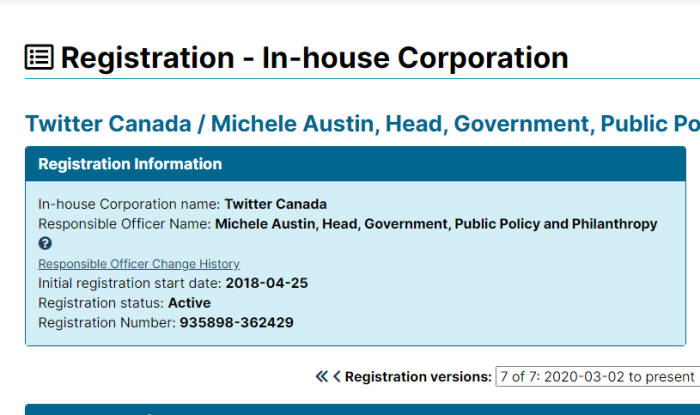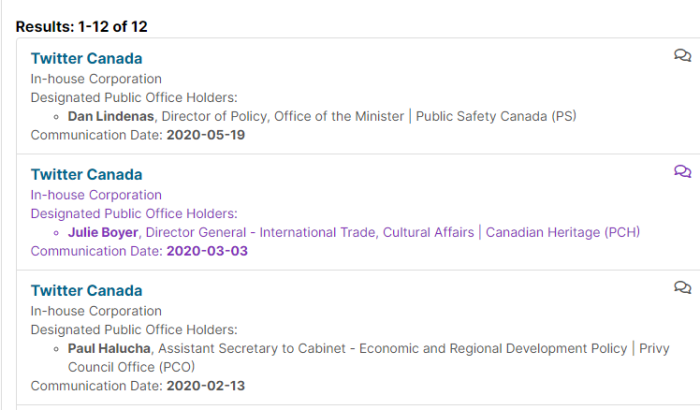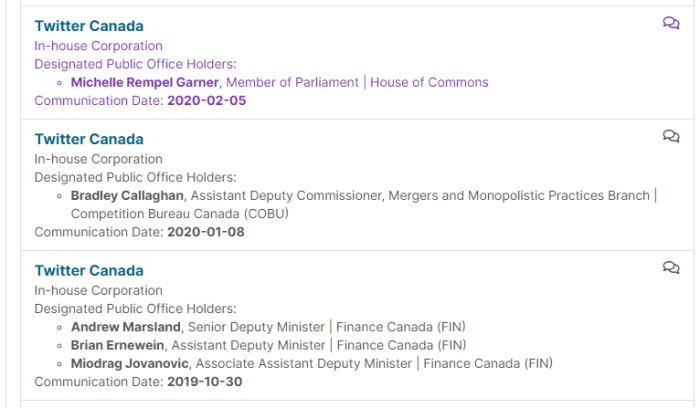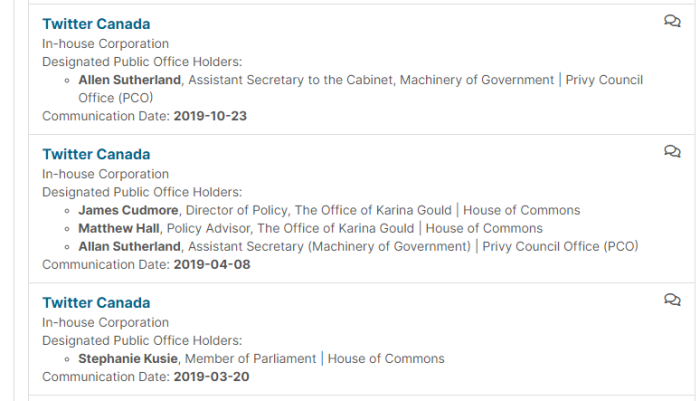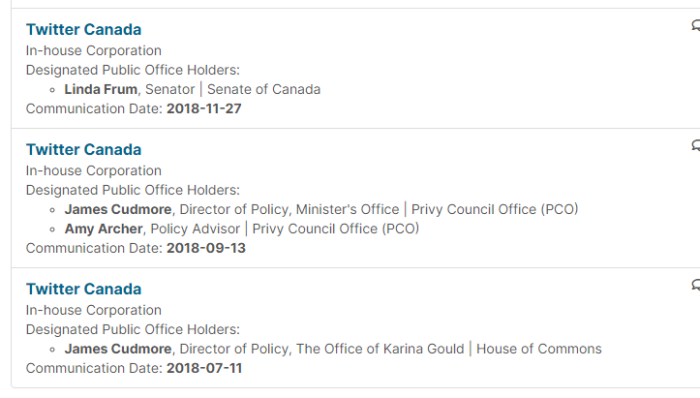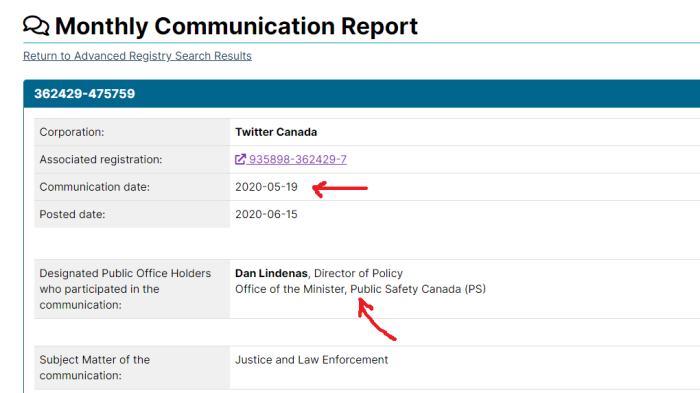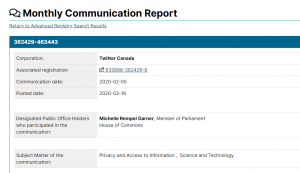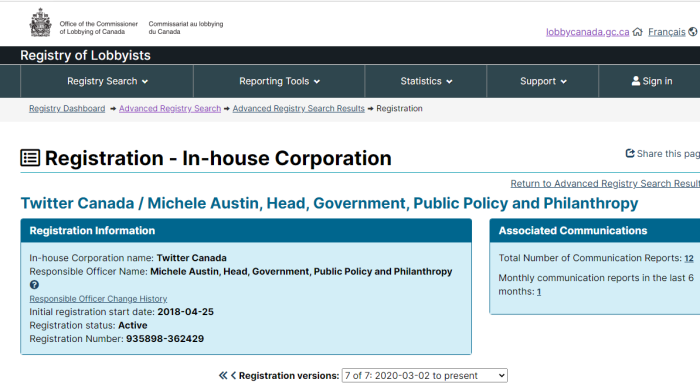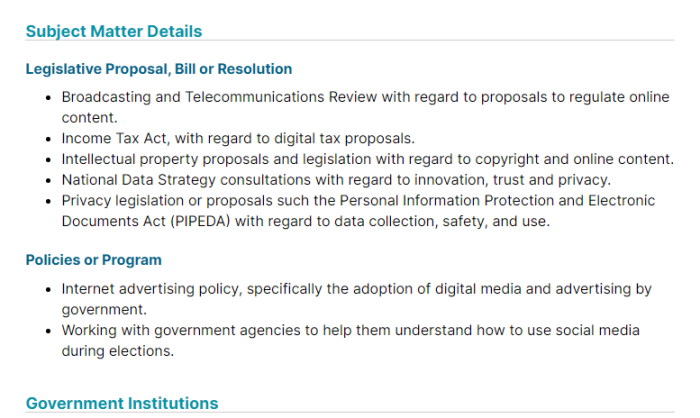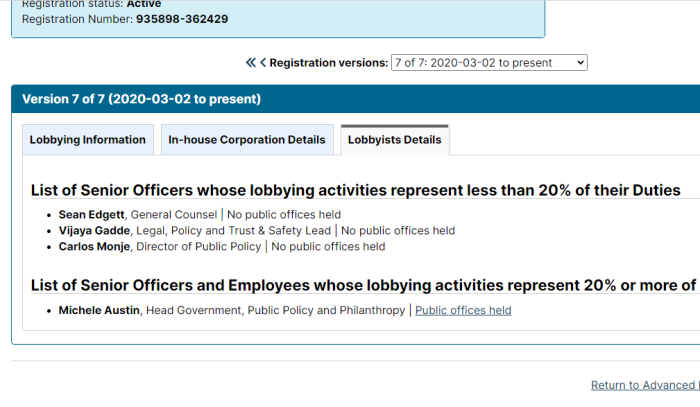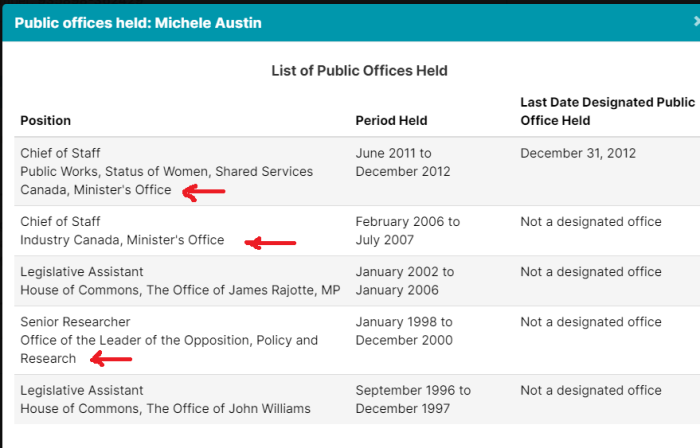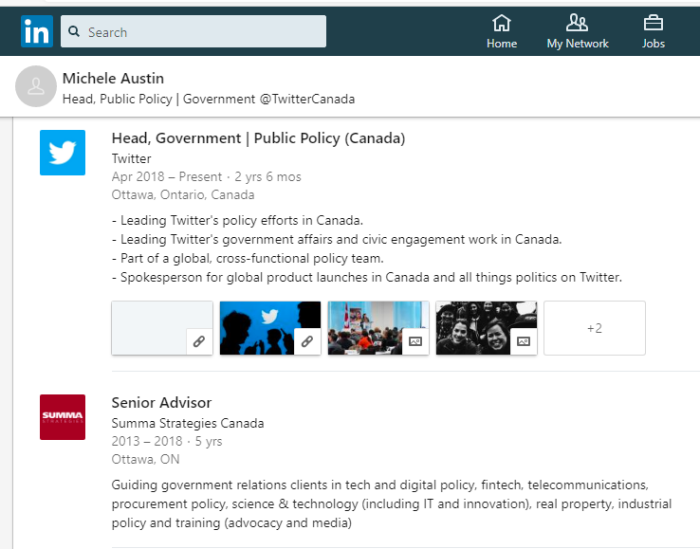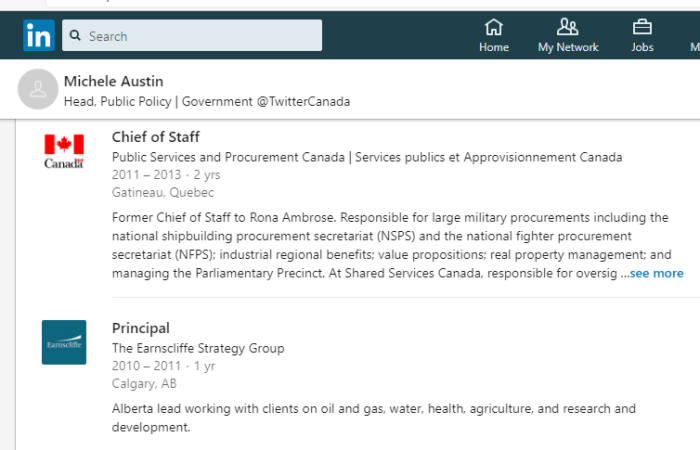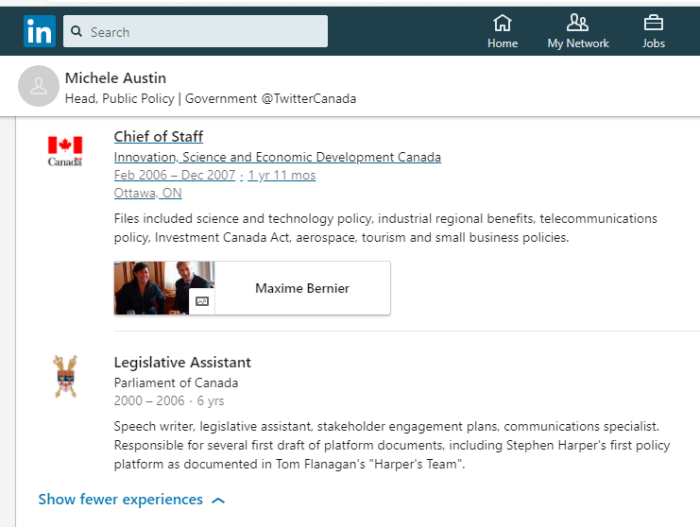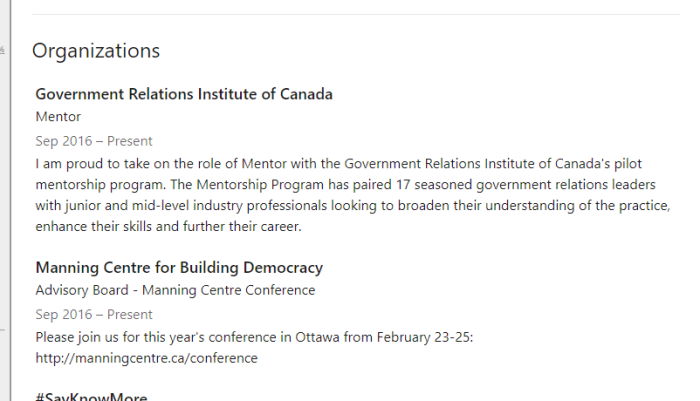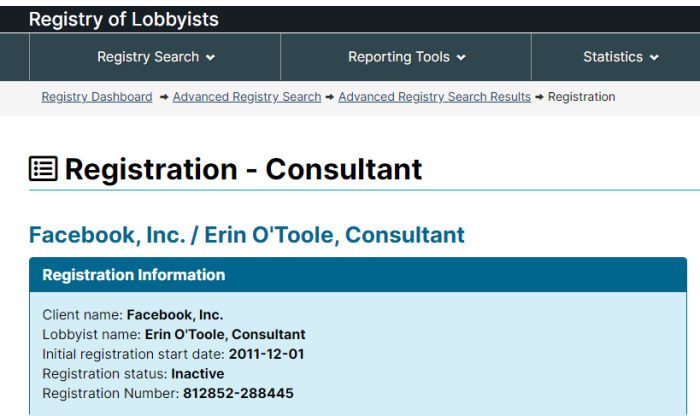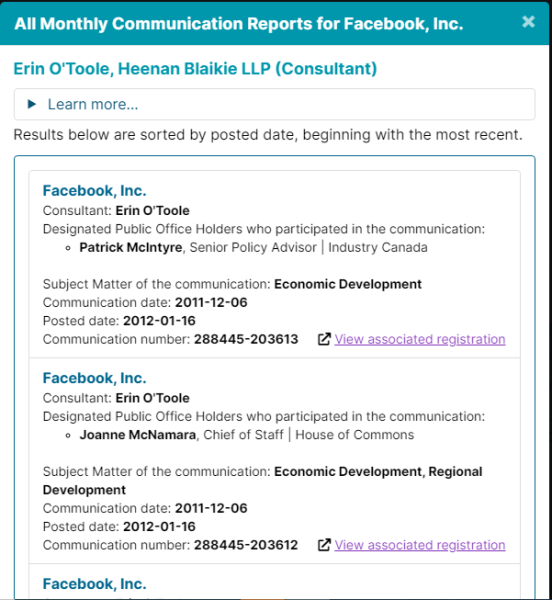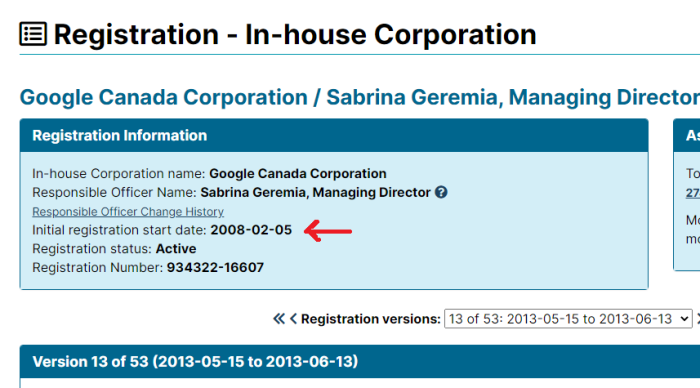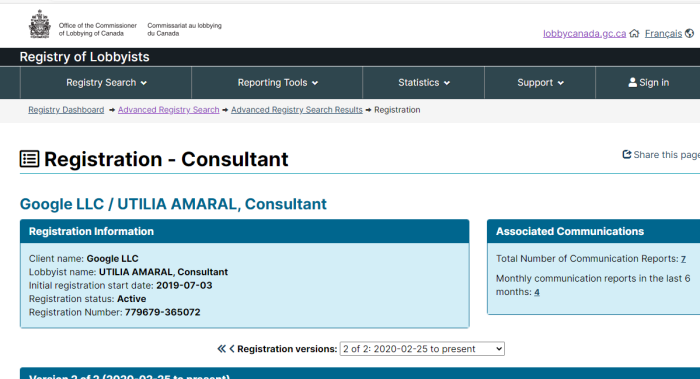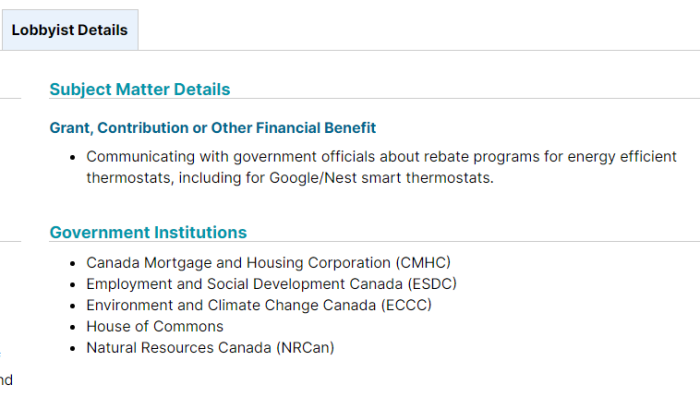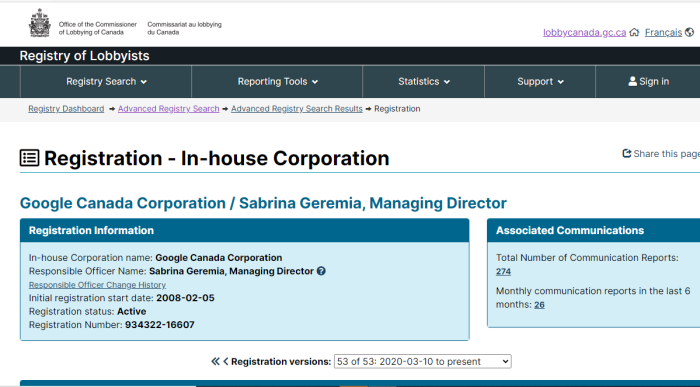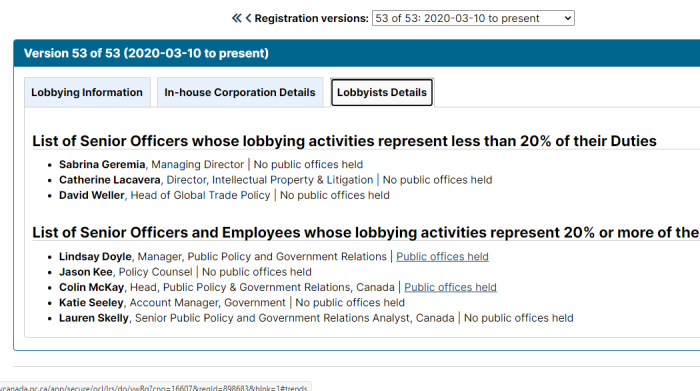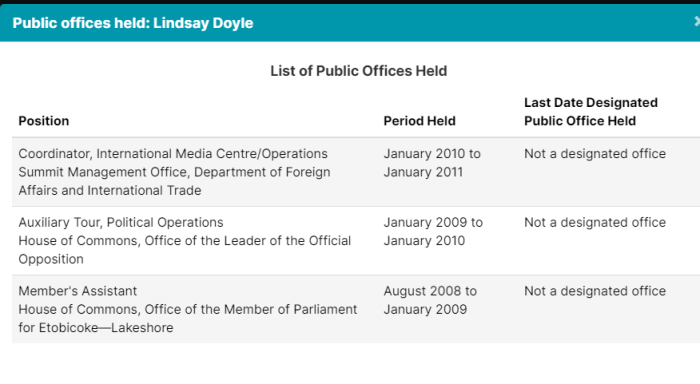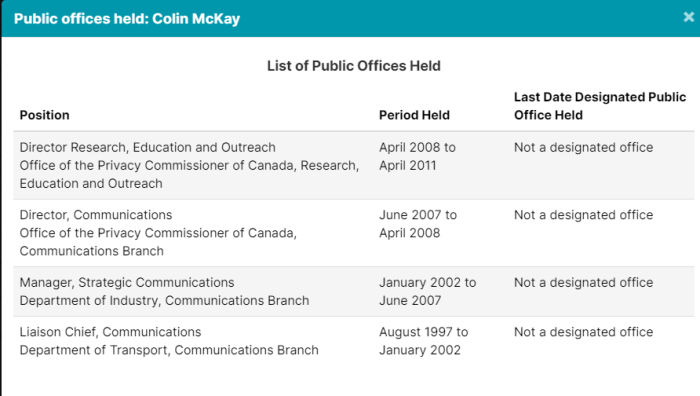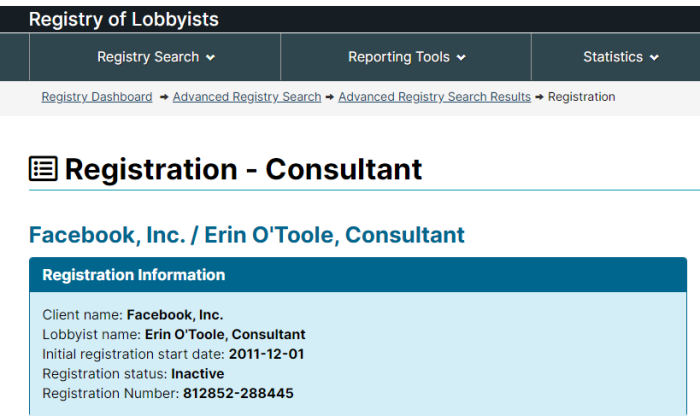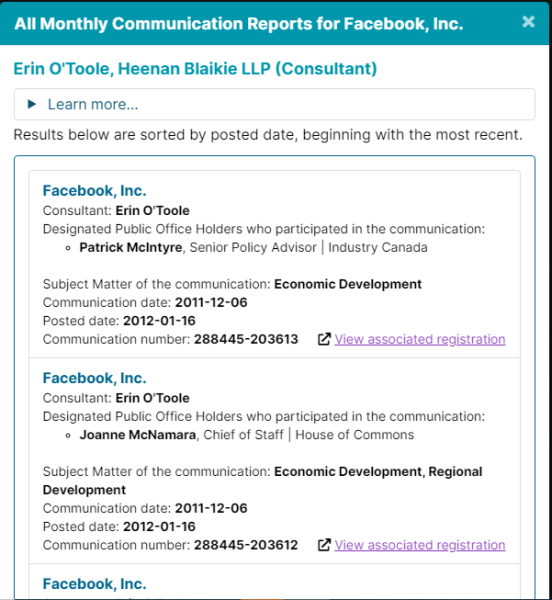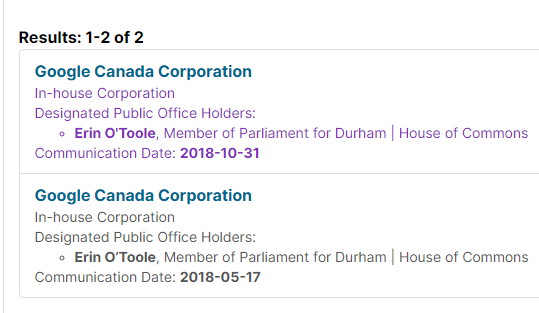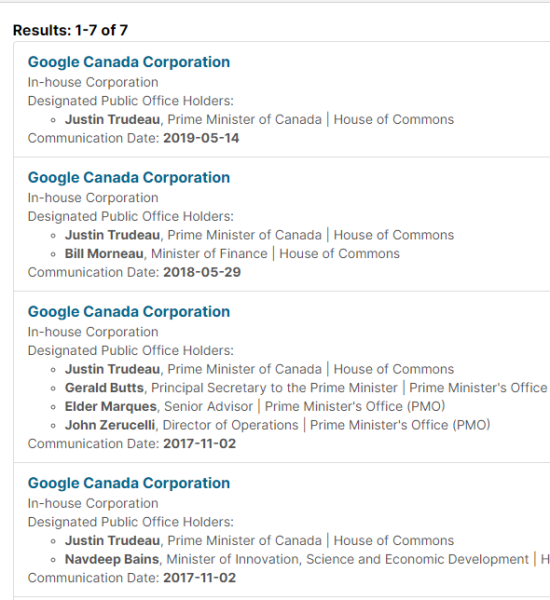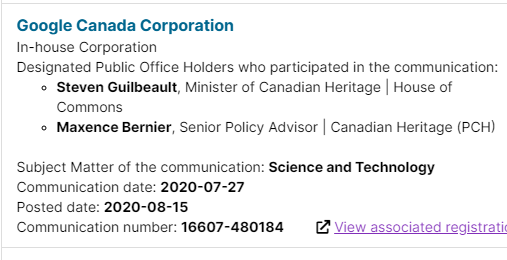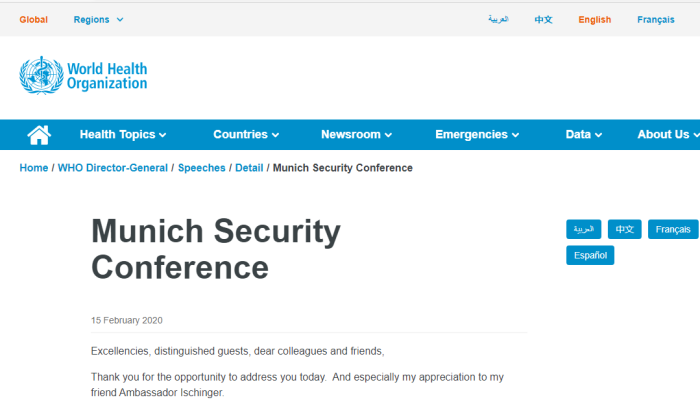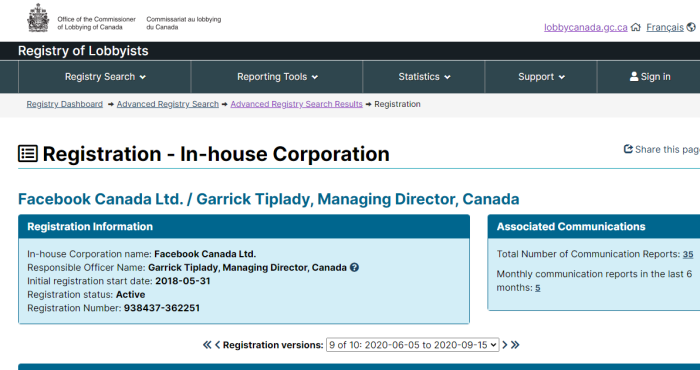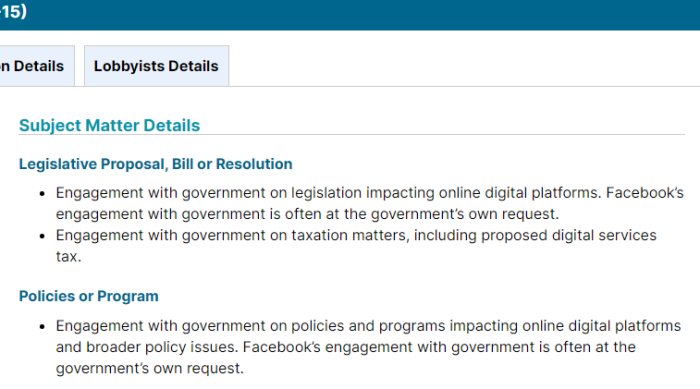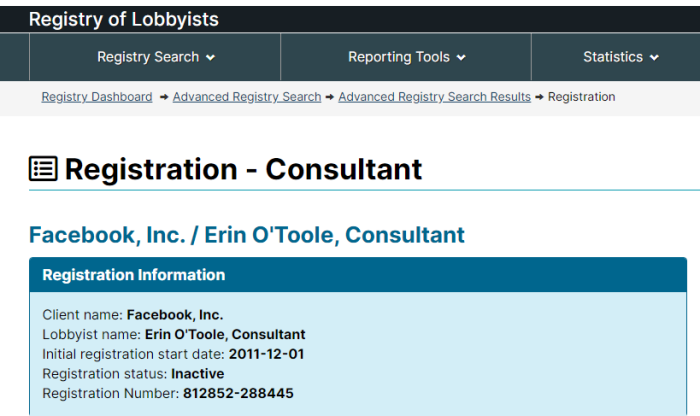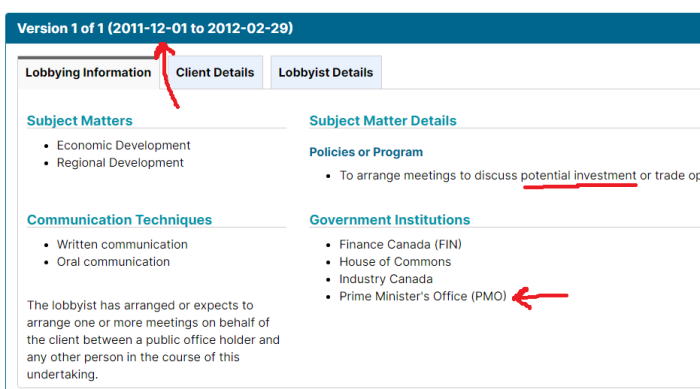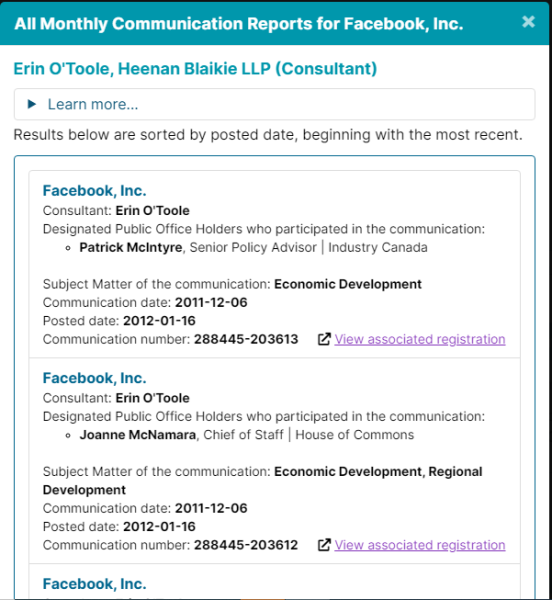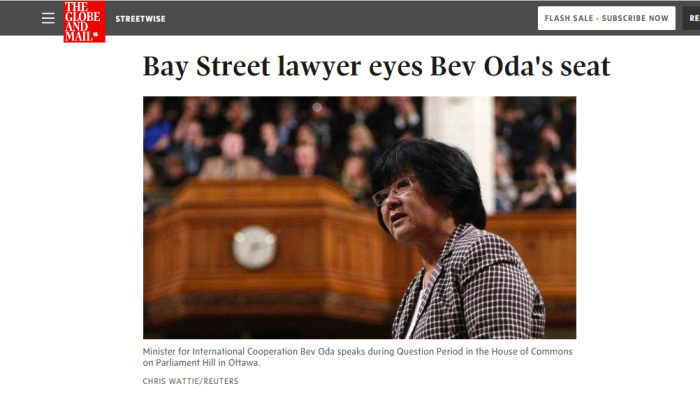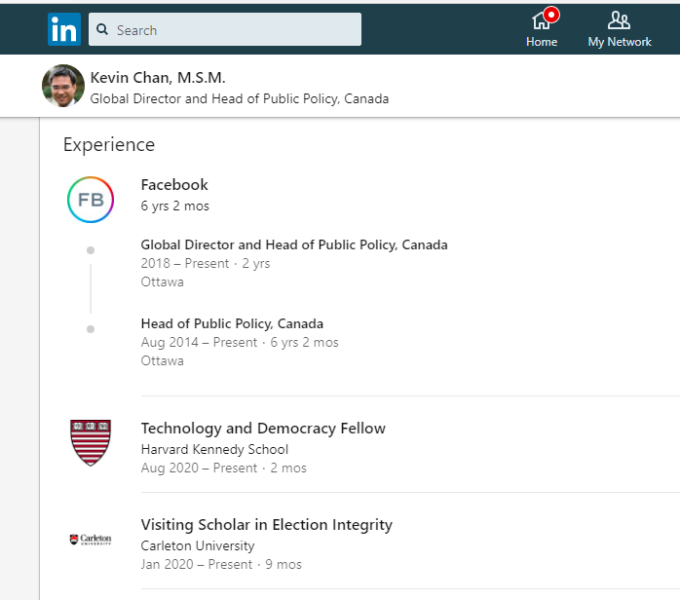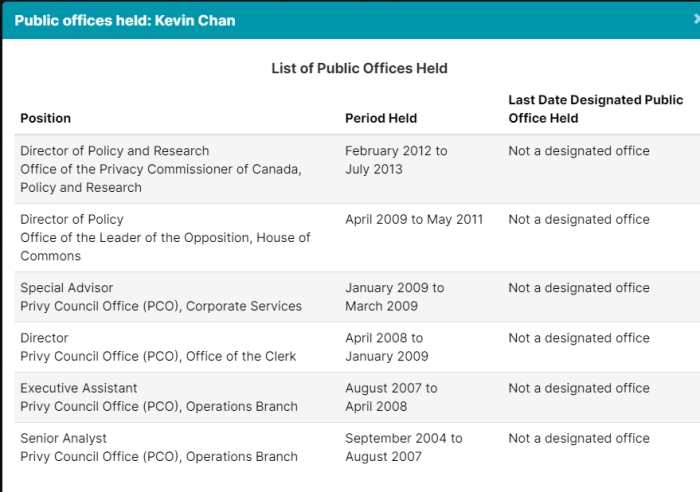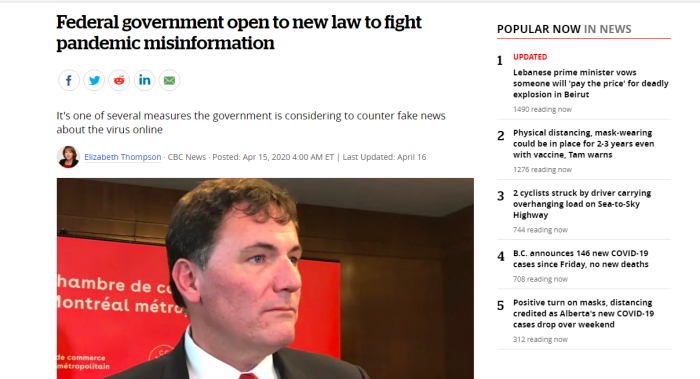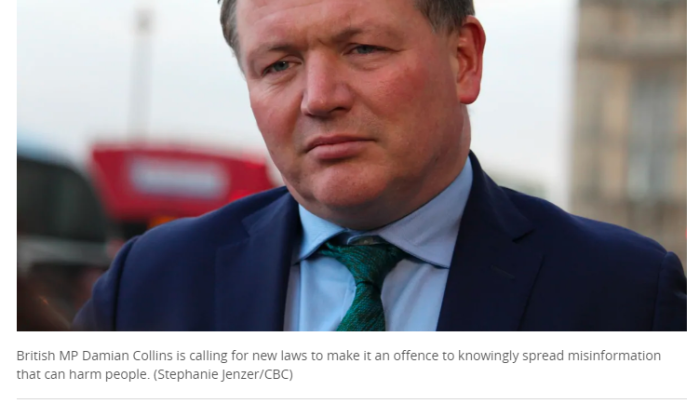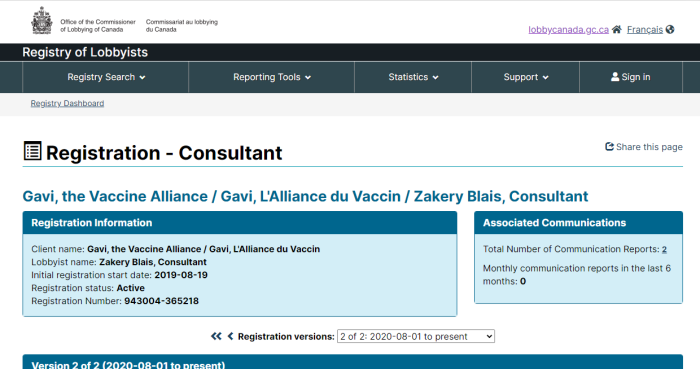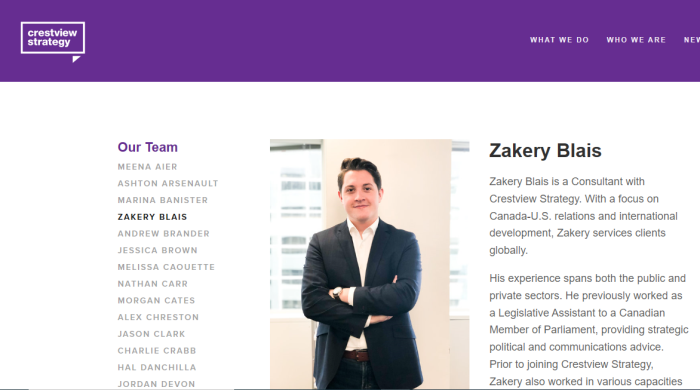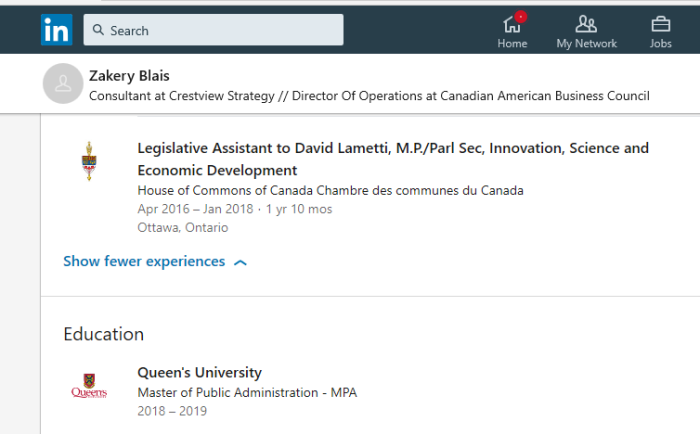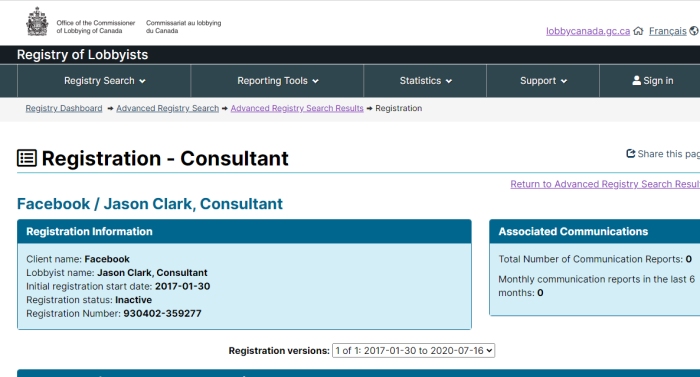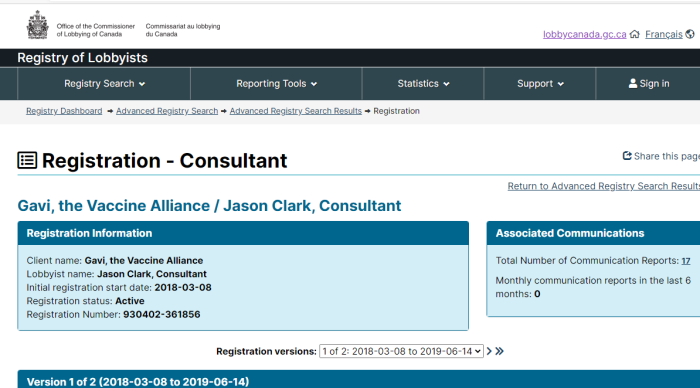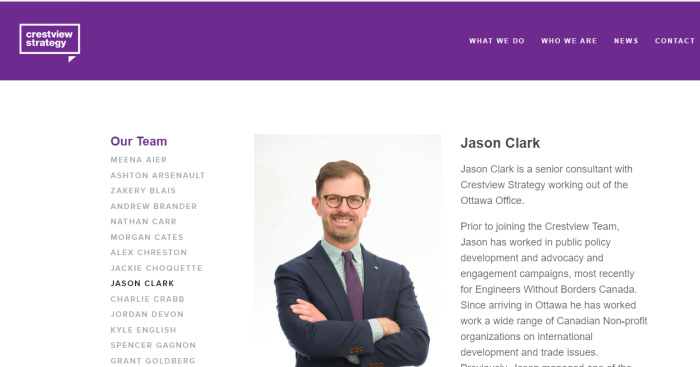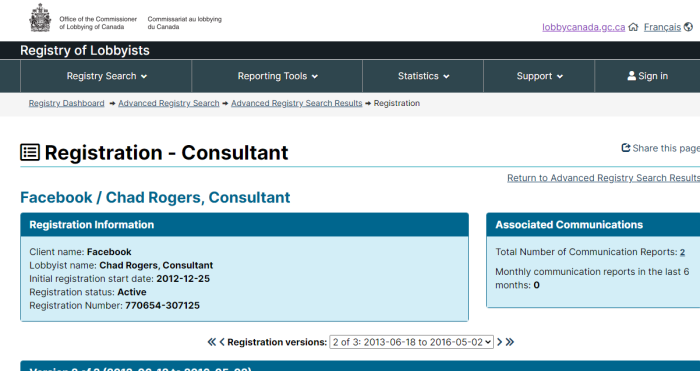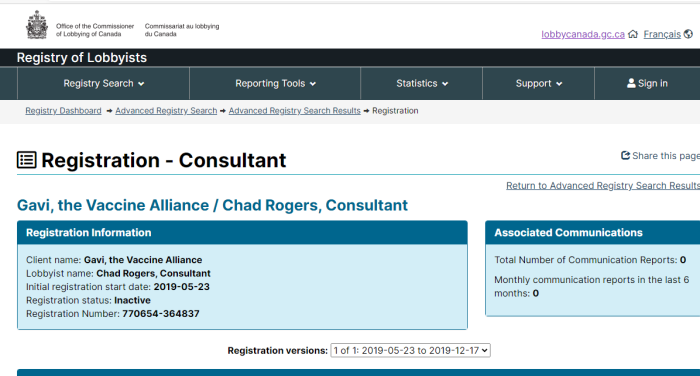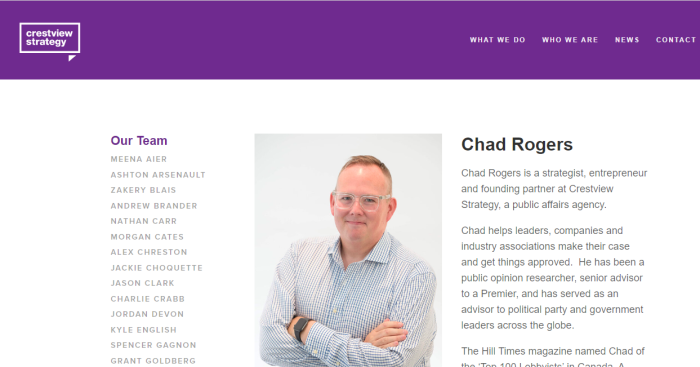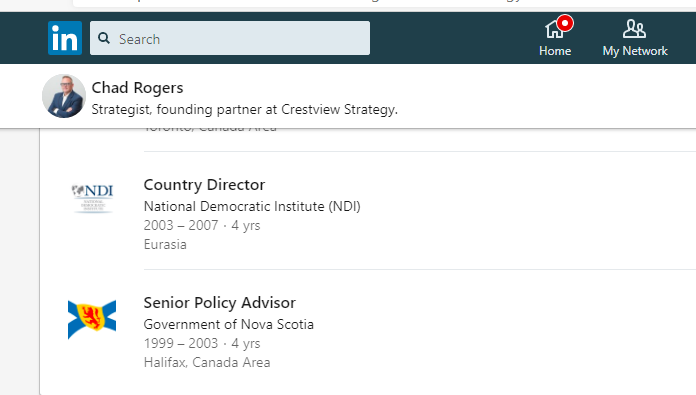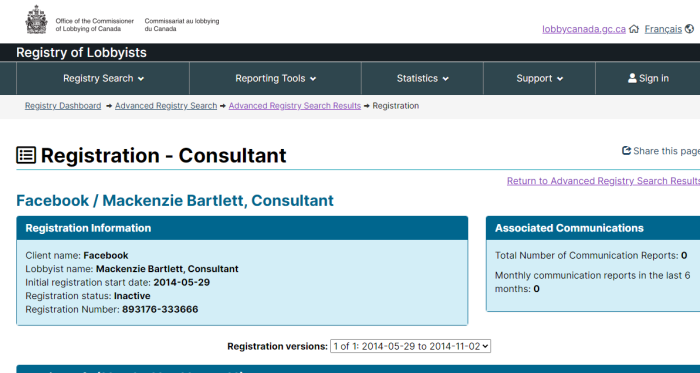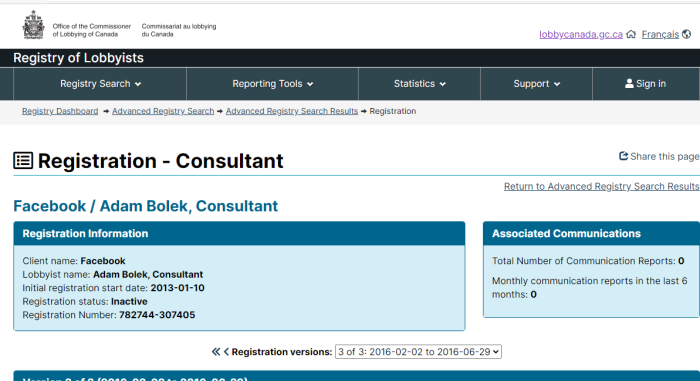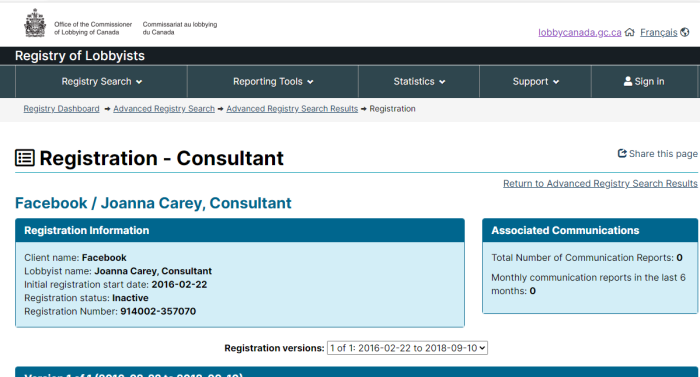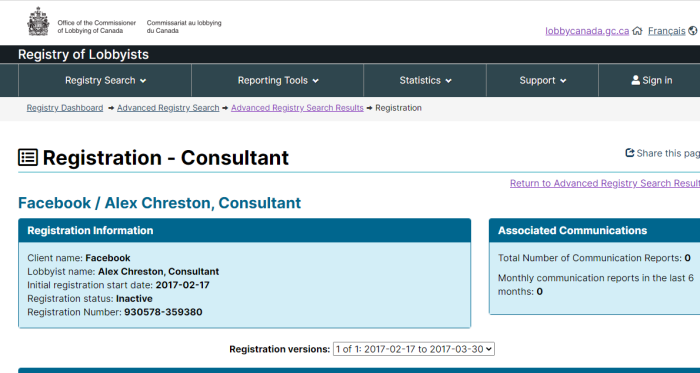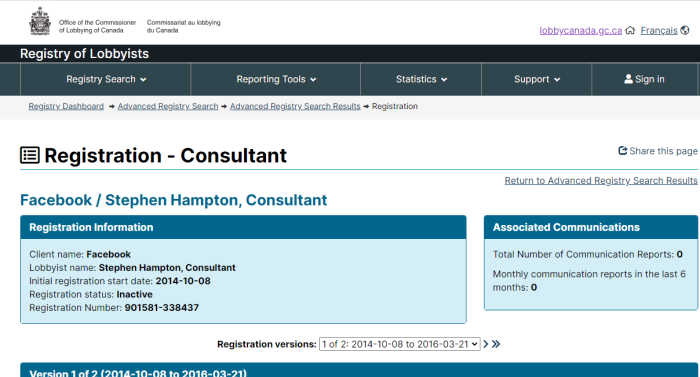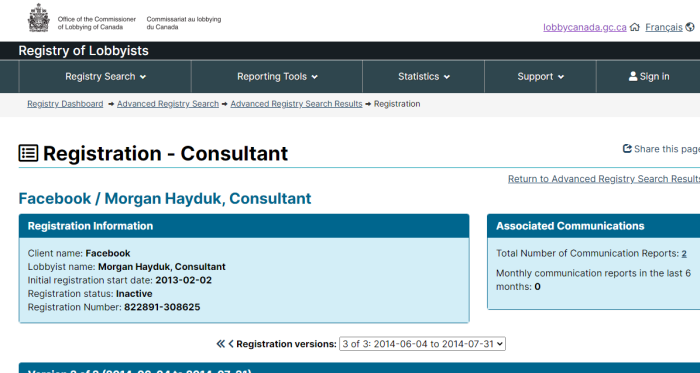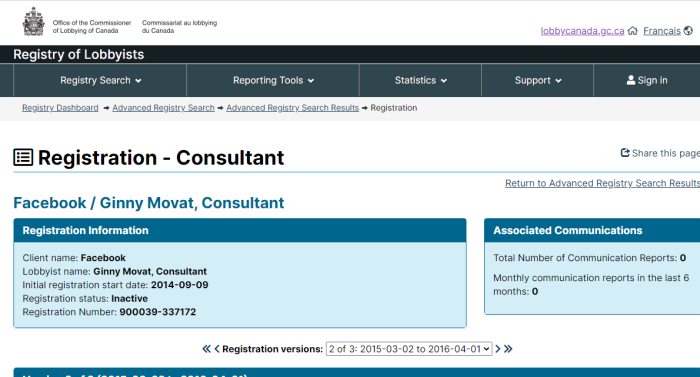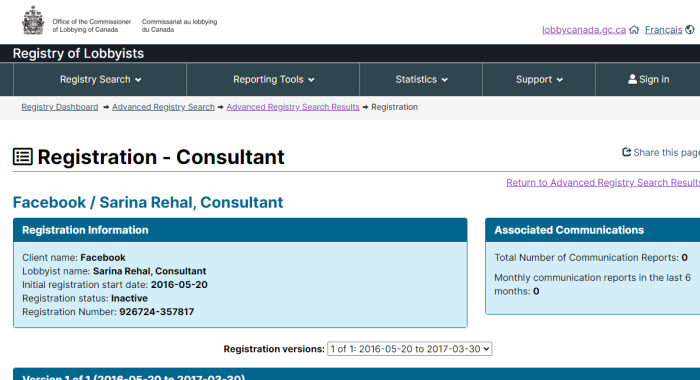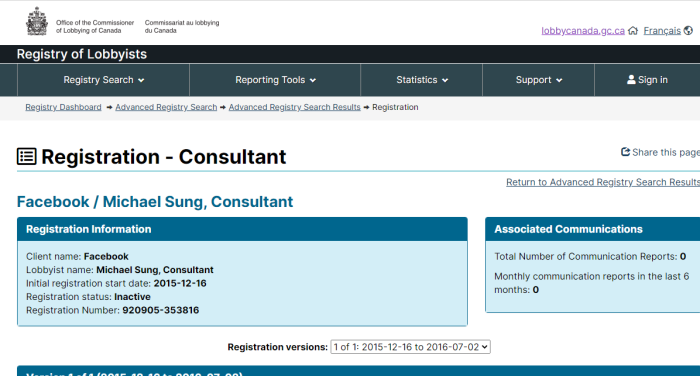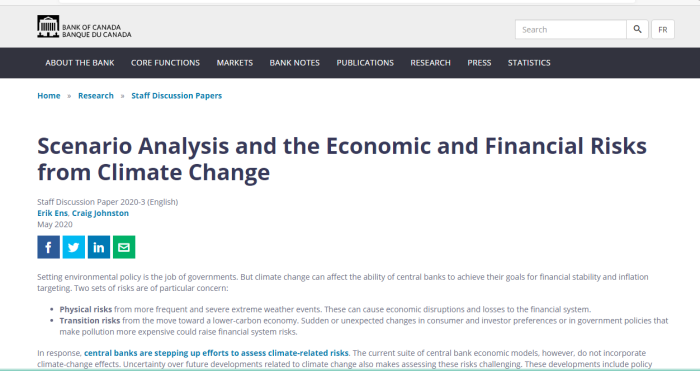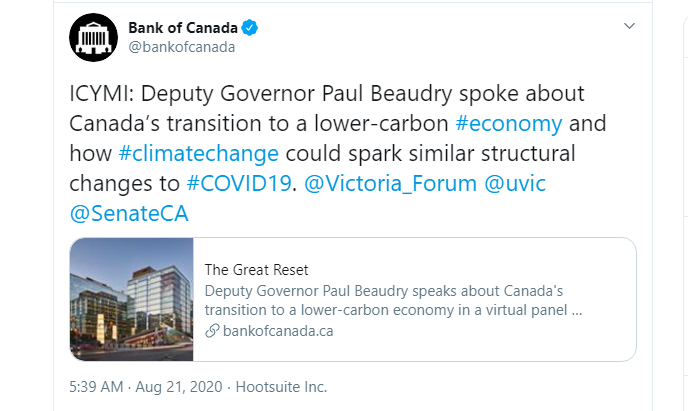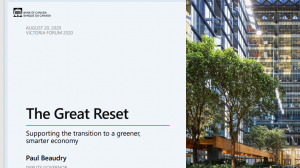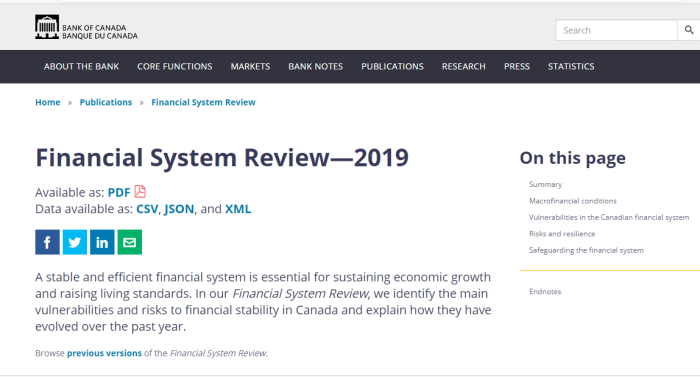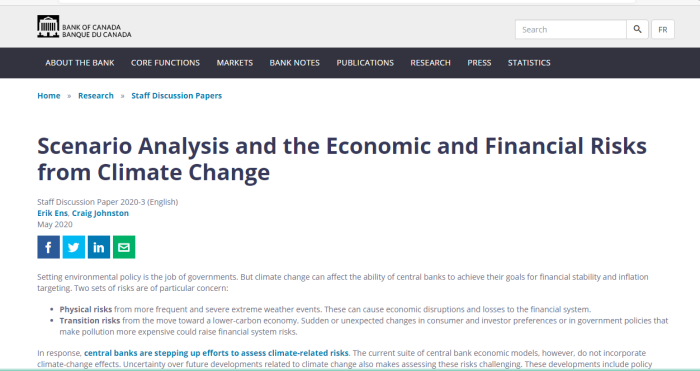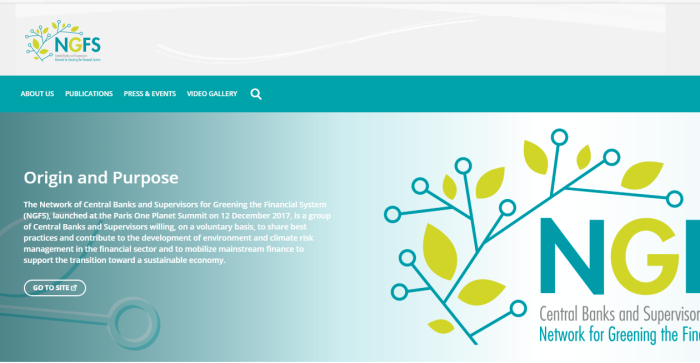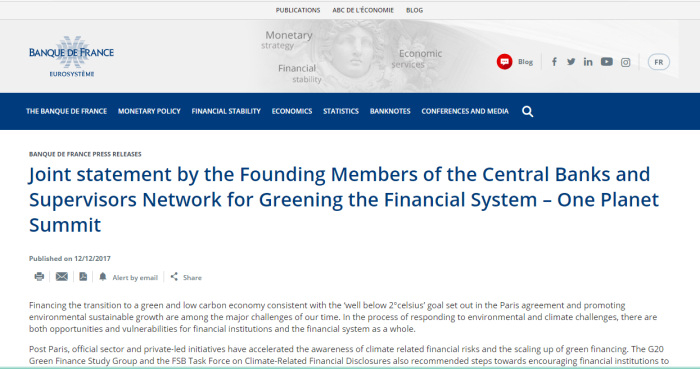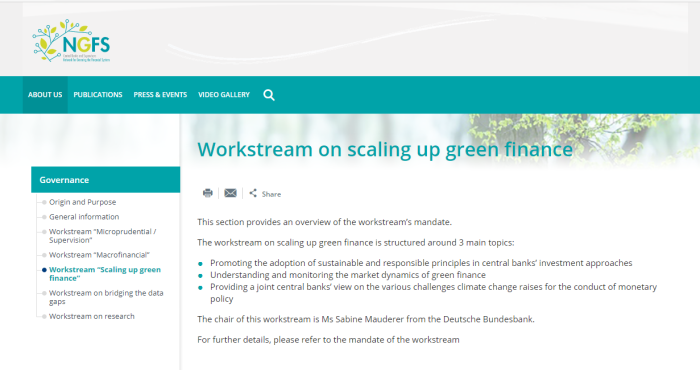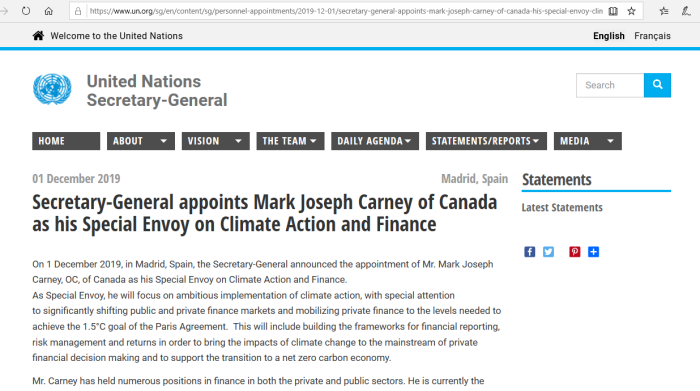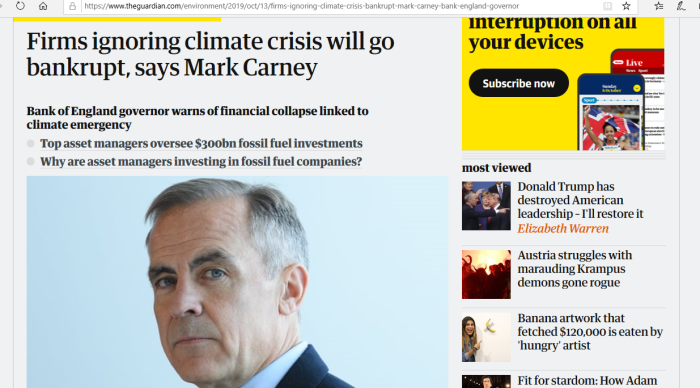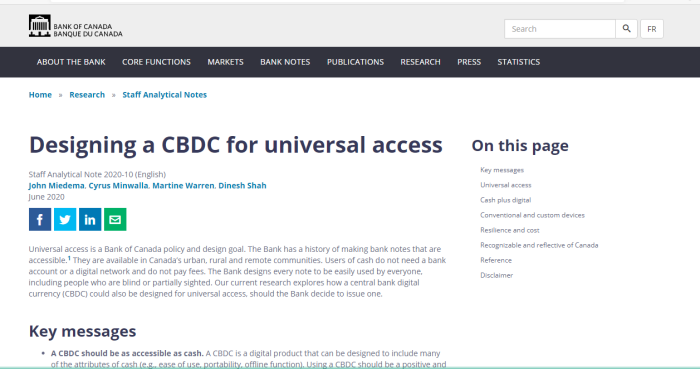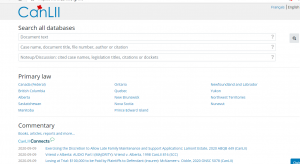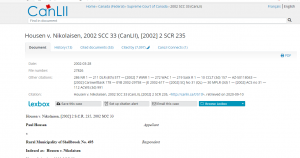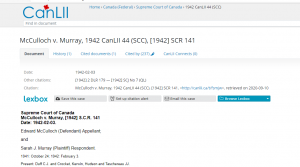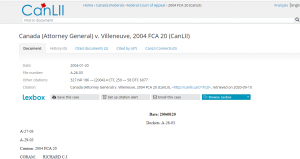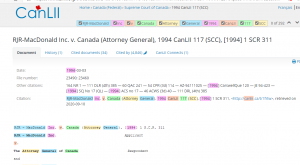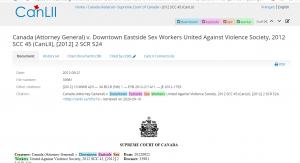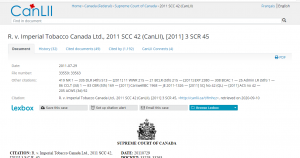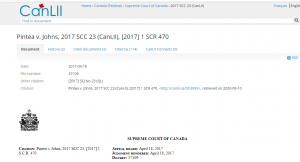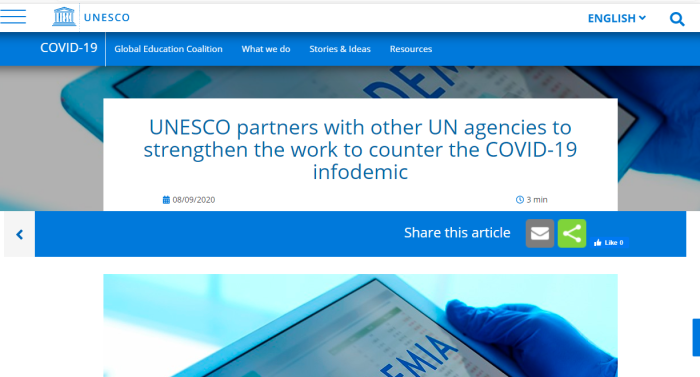
UNESCO is still pushing efforts to combat “misinformation”, which of course is anything that conflicts with the official versions of events (the ever shifting versions). However, you aren’t supposed to notice such inconsistencies or gaps in logic.
UNESCO reminds people to only trust official sources.
1. Developments In Free Speech Struggle
There is already a lot of information on the free speech series on the site. For background information for this, see: Digital Cooperation; the IGF, or Internet Governance Forum; ex-Liberal Candidate Richard Lee; the Digital Charter; big tech collusion in coronavirus; Dominic LeBlanc’s proposal, and Facebook, Google, and Twitter lobbying.
This article is Part I for UNESCO agenda.
2. Other Articles On CV “Planned-emic”
The rest of the series is here. There are many: lies, lobbying, conflicts of interest, and various globalist agendas operating behind the scenes, and much more than most people realize. For example: The Gates Foundation finances many things, including, the World Health Organization, the Center for Disease Control, GAVI, ID2020, John Hopkins University, Imperial College London, the Pirbright Institute, and individual pharmaceutical companies. It’s also worth mentioning that there is little to no science behind what our officials are doing. The International Health Regulations (IHR), that the WHO imposes are legally binding on all members.
3. Important Links
CLICK HERE, for Sept 8 UNESCO article on “misinformation”.
https://archive.is/wbkP1
CLICK HERE, for $27M in research projects announced.
https://archive.is/uGjO6
CLICK HERE, for Ryerson gets $478,000 grant to study CV misinfo.
https://archive.is/Rjq9y
CLICK HERE
https://archive.is/qguDf
CLICK HERE, for UN Global Pulse mainpage.
https://archive.is/BGVUo
CLICK HERE, for UN Global Pulse policy page.
https://archive.is/Gg1l3
CLICK HERE, for International Telecommunication Union.
https://archive.is/tJjKD
ITU-COVID-19-activities
CLICK HERE, for UNESCO, and fighting fake news.
https://archive.is/JFCrx
CLICK HERE, for WHO, and reporting misinformation online.
https://archive.is/BC3ql
CLICK HERE, for UN “Verified” program.
CLICK HERE, for ShareVerified website.
4. Decisions On CV/Masks/Vaccines
2015 ONA Arbitration Ruling (Sault Area Hospital)
2015.ontario.college.of.nurses.mask.ruling
2016 ONA Arbitration Ruling (William Osler Health System)
2016.ona.masks.or.vaccinate.ruling
2018 ONA Arbitration Ruling (St. Michael’s Hospital)
2018.ontario.college.of.nurses.mask.ruling
2020 BC Ombudsman Ruling
2020.BC.ombudsman.report.2.orders.overreach
Oregon Court Rules Against Measures
Oregon SHIRTCLIFF ORDER
Wisconsin Court Says “Stay At Home” Orders Illegal
wisconson.may.2020.coronavirus.order.overturned
2020 Pennsylvania Judge rules against Governor
pennsylvania.covid.measures.illegal
The above 7 rulings are helpful to our cause. However, this recent one in Newfoundland and Labrador is a potential setback, as the Judge ruled travel restrictions are justified.
September 2020 NFLD Rules Travel Ban Justified
Justice-Donald-Burrage-decision-on-NL-travel-ban
I wonder if UNESCO would consider it “misinformation” to post about the several rulings with conflict with the official narratives of lockdowns, masks, and vaccinations.
scotus.allows.nevada.to.discriminate
scotus.allows.california.to.discriminate
scotus.on.religious.advertising
Finally, a few American rulings on enshrining freedom of religion in the face of a false pandemic. Unfortunately, these don’t really help the cause.
5. UNESCO Article On CV Misinformation
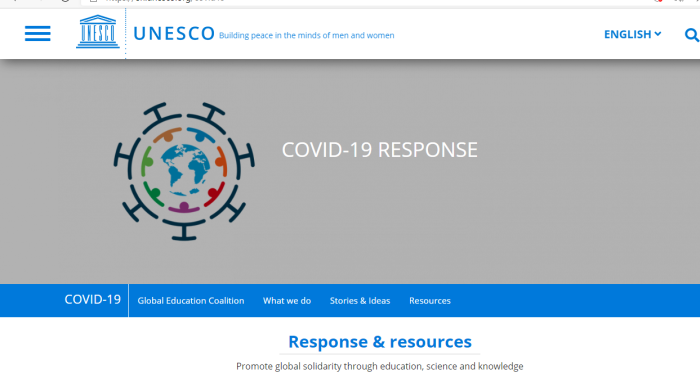
Hundreds of millions of people worldwide will be better able to spot the difference between information and misinformation about COVID-19, as a result of a new co-operation within the UN system.
The co-operation is supported by a grant of $4.5m from the COVID-19 Solidarity Response Fund.
The fund was specifically set up to support work to track and understand the spread of the virus; ensure patients get the care they need and frontline workers get essential supplies and information; and accelerate research and development of a vaccine and treatments for all who need them.
For UNESCO, the contribution to the partnership will be in training journalists and supporting community radio.
Thousands of journalists will be trained for updated reporting on the pandemic and related disinformation through a series of online interactive briefings with experts and mentors.
UNESCO will also work with partners to produce content for radio channels, particularly in vernacular languages for areas with scarce or no Internet access, with the topic covering preventive measures, debunking myths about the virus, and highlighting the importance of non-discrimination and solidarity.
Part of the package will be training on how to operate a home-based radio studio during lockdown.
WHO, through its offices in Africa, is developing an “Infodemic Response Alliance” that will bring together ministries of health, civil society, media, fact checkers and UN actors to ensure early warnings of misinformation. Other WHO activities are planned in the Eastern Mediterranean, European, the Americas, and South East Asia regions.
Besides UNESCO and the WHO, the other UN partners include UN Global Pulse and the ITU (The International Telecommunication Union).
The UN Global Pulse, within the UN Secretary-General’s innovation team, will use artificial intelligence to analyse radio coverage for trends in misinformation such as rumours around vaccines, promotions of false cures, and discussions about financial hardships. “We will use this infodemic intelligence to support community level responses and do predictive analytics to fuel decision making across all pillars of the UN response,” says Global Pulse’s chief data scientist Miguel Luengo-Oroz.
The ITU will engage with more than 200 mobile network operators to use short message service (SMS) and voice messages to provide healthcare advice. “We will also share good practices such as replacing default ringtones with special caller tunes containing voice messages about the virus,” says ITU’s Roman Chestnov.
As part of the project, WHO will create an Infodemic Observatory with the Fondazione Bruno Kessler as well as a suite of scientific tools to manage the infodemic, including through “social listening” and assessing people’s vulnerability to misinformation.
The UN’s Health Organization will also initiate a pilot project with Ryerson University in Canada to create a “Global Misinformation and Factchecking Centre” to serve as a comprehensive public repository of fact-checking organizations around the world and to identify and document best practices for tackling the COVID-19 infodemic crisis and help to inform future policy interventions.
Yes, that is the entire September 8, 2020 article, quoted verbatim. Nothing has been added to alter its meaning. It’s difficult to make UNESCO look worse than it already does, but let’s try.
6. Canada Takes Grant Applications In February
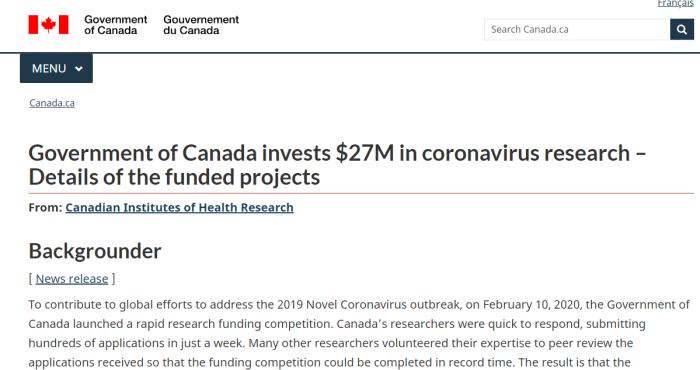
Even as the Canadian Government was telling public in February that there was nothing to worry about, it was shoveling out millions in grants money. There were at least a few grants designed to “study and counter” misinformation. Ottawa knew even then that this would last a long time, but lied about it.
7. Ryerson Uni Gets CV Misinformation Grant
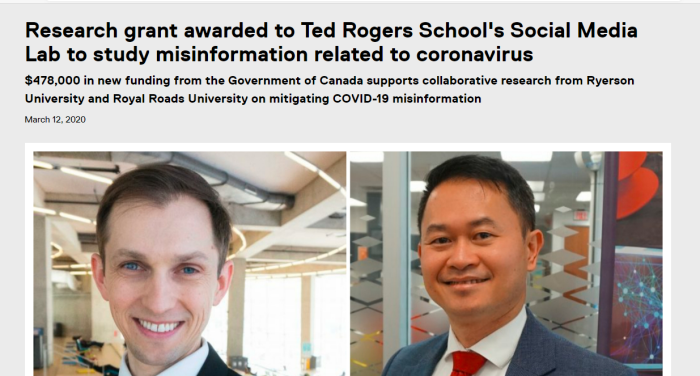
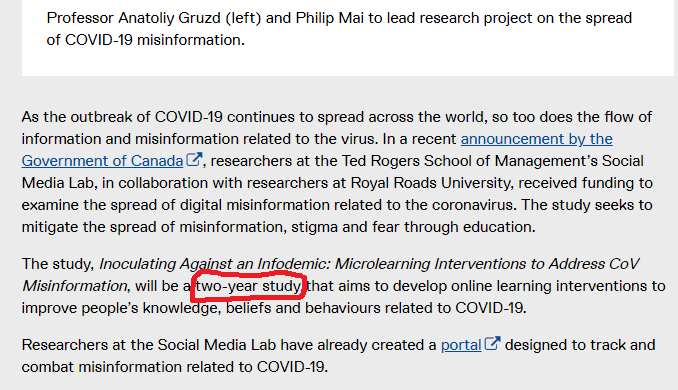
TORONTO — As the outbreak of COVID-19 continues to spread across the world, so too does the flow of information and misinformation related to the virus. In a recent announcement by the Government of Canada, researchers at Ryerson University’s Ted Rogers School of Management and Royal Roads University will collaborate to examine the spread of digital misinformation related to the coronavirus. The study seeks to mitigate the spread of misinformation, stigma and fear through education.
The study, Inoculating Against an Infodemic: Microlearning Interventions to Address CoV Misinformation, will be a two-year study that aims to develop online learning interventions to improve people’s knowledge, beliefs and behaviours related to COVID-19.
Professor Anatoliy Gruzd, Canada Research Chair of Social Media Data Stewardship and Philip Mai, Director of Business and Communications at the Social Media Lab at the Ted Rogers School, will examine how COVID-19 related misinformation propagates across social media platforms and will be developing a real-time information dashboard that will help the public track efforts to debunk coronavirus misinformation online.
It’s disturbing that the Government of Canada (taxpayers, really) decided to give a University almost half a million dollars to combat misinformation. Worse still, are 2 details:
First, this was March 12 the article went off. The deal had already been inked, and Canada hadn’t even officially declared a pandemic yet. Almost like they knew in advance.
Second, this study was to last 2 years. The Canadian Government knew before March 12, 2020, that this “pandemic” would last for at least 2 years.
8. UN Global Pulse, AI Implementation
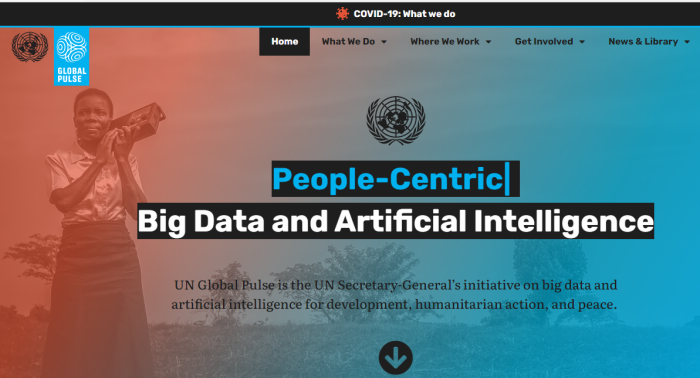
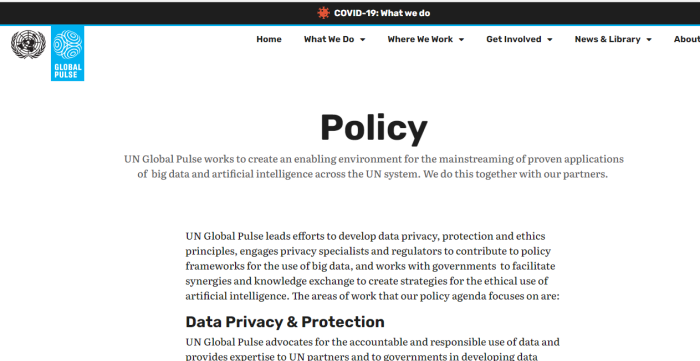
UN Global Pulse leads efforts to develop data privacy, protection and ethics principles, engages privacy specialists and regulators to contribute to policy frameworks for the use of big data, and works with governments to facilitate synergies and knowledge exchange to create strategies for the ethical use of artificial intelligence. The areas of work that our policy agenda focuses on are:
Data Privacy & Protection
UN Global Pulse advocates for the accountable and responsible use of data and provides expertise to UN partners and to governments in developing data privacy and data protection frameworks.
AI Ethics
UN Global Pulse promotes human rights-based AI innovation through the development of standards and guidelines to ensure a safe and equitable digital future.
Digital Cooperation
UN Global Pulse works to foster global digital cooperation and realize the potential of digital technologies to advance human well-being and mitigate the risks of misuse and missed use of data and artificial intelligence.
All of this sounds completely harmless, but then, it always does.
So-called “digital cooperation” is actually a reference to a subgroup at the United Nations, who is working towards global internet governance. Global Pulse works with AI, supports digital cooperation, and is involved in efforts to combat “misinformation” online. What could possibly go wrong?
9. International Telecommunication Union (ITU)
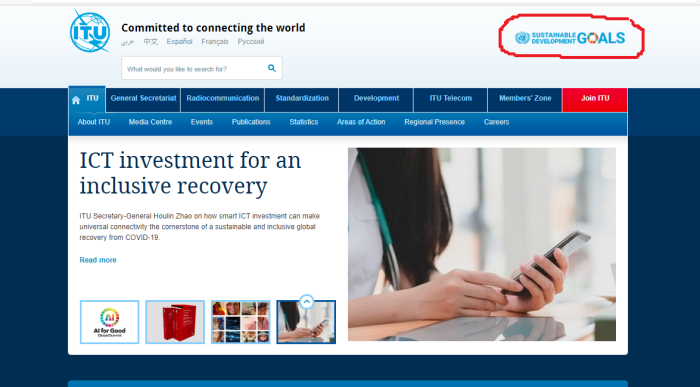
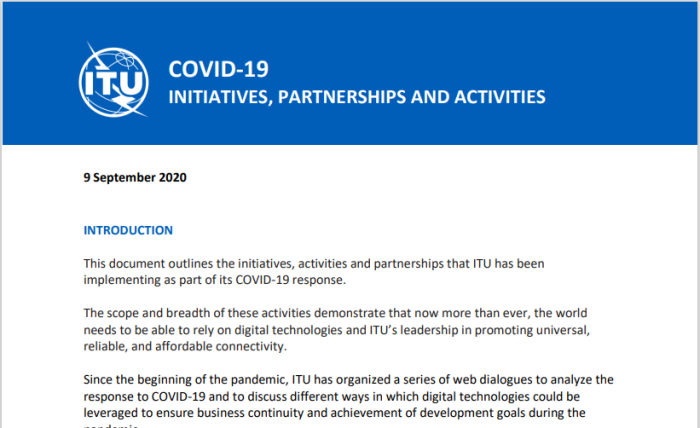
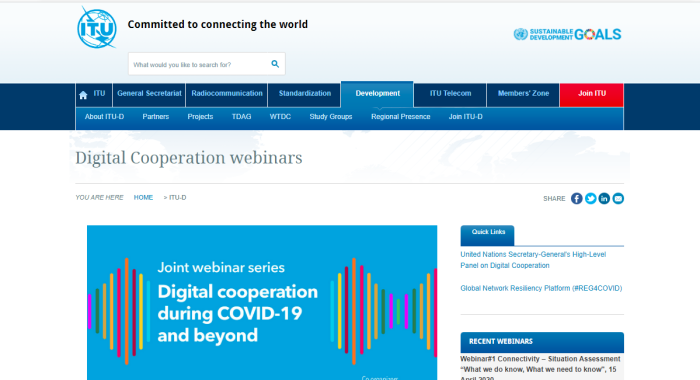
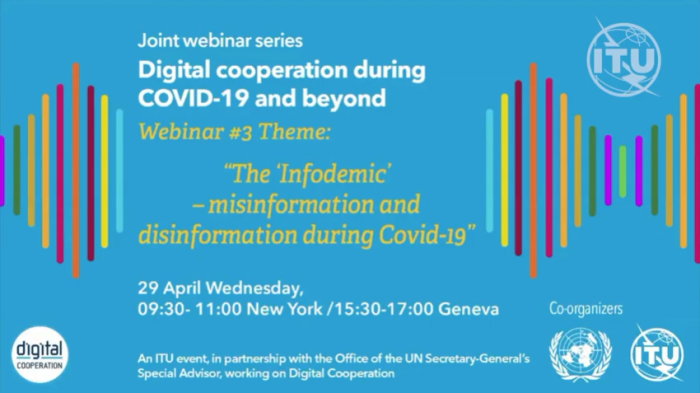
During the COVID-19 global pandemic, digital technologies and connectivity have become a critical enabler facilitating business continuity and connecting people more than ever before. The sudden increase in internet usage and upsurge in data consumption are putting heavy pressure on existing broadband networks decreasing the quality and speed of the Internet. We are also confronted with increased opportunity for digital technology’s potential for misuse – from cyberattacks and crimes to misinformation, as well as burgeoning issues related to data privacy and security. Most importantly, as 46% of the global population/almost 3.6. billion people are still without internet, the lack of connectivity and issues of accessibility will become even more pressing: translating directly into missed socio-economic opportunities and missed learning opportunities, and so widening the digital divide and inequality gap in our society.
This Webinar series started with a discussion on assessing current connectivity gaps and challenges in different regions, followed by best practices and success connectivity stories; capacity building (to implement misinformation management); online safety and security, with a final discussion session on how to balance public health, privacy and human rights. Each session was prepared and organized jointly by strategic partners, including leading UN agencies on action to address the subject matter.
The ITU also has a very long section on “digital cooperation”. Again, this is code for global governance of the internet. The ITU, Global Pulse, and the United Nations as a whole seem to be completely for this agenda.
10. UNESCO, Journalist “Training” On Pandemic
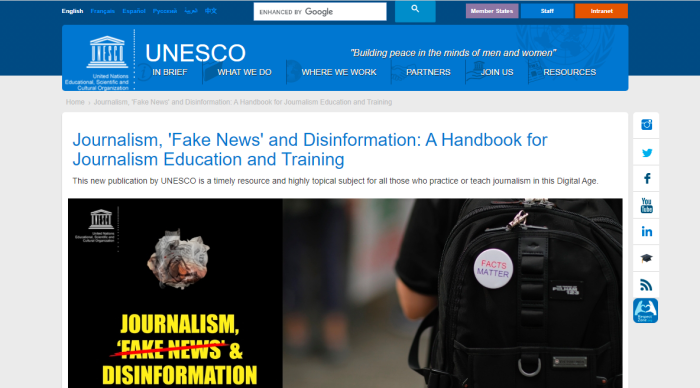
Yes, UNESCO is actually training journalists on combatting misinformation around this “pandemic”. In short, only official sources can be trusted.
11. WHO On Reporting Misinformation
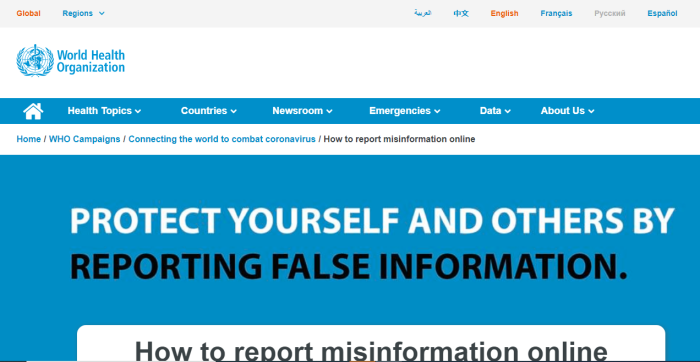
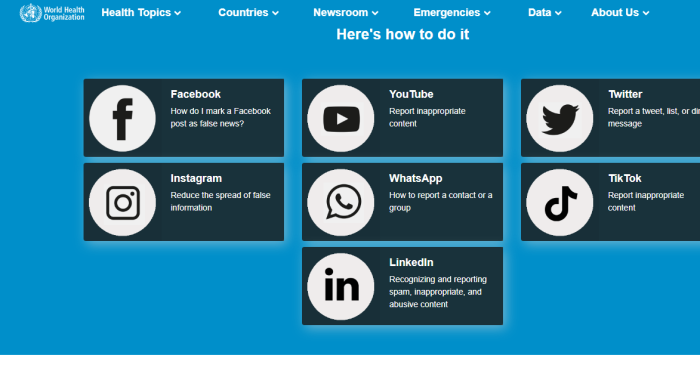
The World Health Organization actually provides guidelines on how to report what it calls “misinformation”, on common social media platforms.
12. UN ‘Verified’ Initiative Flood Digital Space
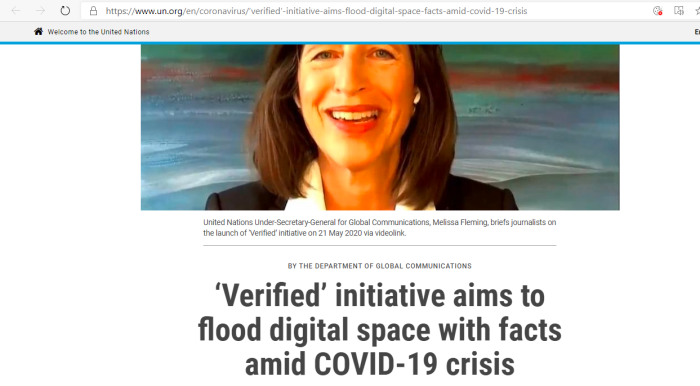
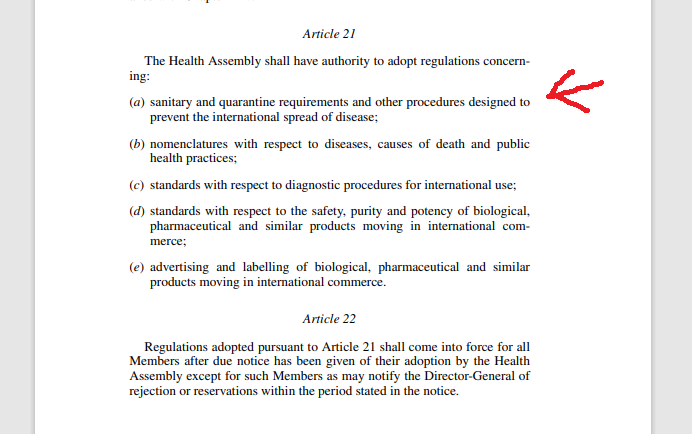
https://twitter.com/UN/status/1263499796016435202
https://archive.is/LzGVz
28 May 2020 — As the world unifies amid the COVID-19 pandemic, the United Nations recently launched ‘Verified’ — an initiative aimed at delivering trusted information, life-saving advice and stories from the best of humanity. The initiative also invites the public to help counter the spread of COVID-19 misinformation by sharing fact-based advice with their communities.
Melissa Fleming: Verified is a United Nations initiative that calls on people around the world to become “information volunteers” and share UN-verified, science-based content to keep their families and communities safe and connected. You can sign up to become “information volunteers” at www.shareverified.com.
The initiative is a collaboration with Purpose, one of the world’s leading social mobilization organizations, and supported by the IKEA Foundation and Luminate. Led by the UN Department for Global Communications, the Verified initiative will produce a daily feed of compelling, shareable content around three themes: science – to save lives; solidarity – to promote local and global cooperation; and solutions – to advocate support for impacted populations. It will also promote recovery packages that tackle the climate crisis and address the root causes of poverty, inequality and hunger. Our priority audience: those who are being targeted with misinformation. We are also partnering with First Draft, an organization which closely monitors the spread of misinformation.
13. Silencing Legitimate Criticisms
Make no mistake. This isn’t any well intentioned effort to prevent serious harm from coming to the public. Instead, this is about coordination to PREVENT THE EXPOSURE of harmful efforts, and to show the truth to the world.
This is censorship, masked as public safety.

